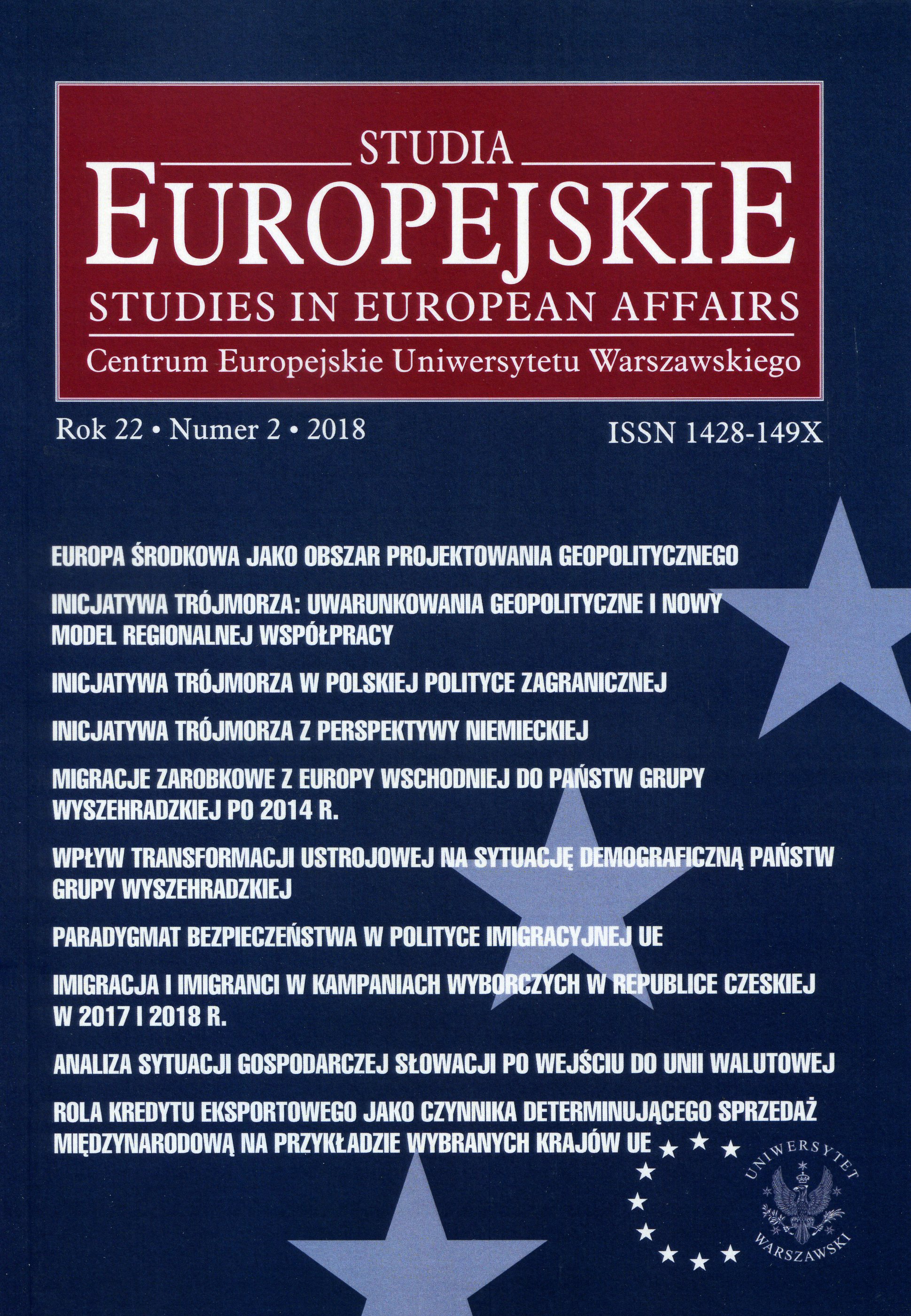The EU–Turkey Agreement – What Had It Changed?
The EU–Turkey Agreement – What Had It Changed?
Author(s): Monika KabataSubject(s): International Law, Human Rights and Humanitarian Law, Present Times (2010 - today), Migration Studies, EU-Accession / EU-DEvelopment
Published by: Centrum Europejskie Uniwersytetu Warszawskiego
Keywords: The EU–Turkey Agreement; European Union; Migration Crisis; Accession Negotiations; Human Rights; Easter Mediterranean Route;
Summary/Abstract: The migration fl ow to EU in 2015 or the so called “migration crisis” forced the EU to take rapid steps. One of them was a closer cooperation with Turkey which was the main transit country to Greece. The aim of this article is to examine the outcomes of the EU–Turkey Agreement in the context of accessions talks and effectiveness in decreasing the number of migrants arriving to Greece. One of the costs of this cooperation was supposed to be the speeding-up of both the negotiations and the visa liberalization. However, after over a year since the Statement entered into force, this condition has not been fulfilled because of the violation of human rights in Turkey. It is reason to say that the Agreement didn’t have impact on the accession talks, but it gave Turkey a strong argument for blackmailing. The aim of the Agreement was also to decrease the number of migrants arriving to Greek islands and the fact is that it remains much lower compering to 2015, what can be considered as the effect of the Agreement even if the decreasing tendency started before announcement of the EU–Turkey Statement. But there are more factors which has to be analysed as e.g. closing the border with Syria by Turkey.
Journal: Studia Europejskie
- Issue Year: 22/2018
- Issue No: 1 (85)
- Page Range: 179-196
- Page Count: 18
- Language: Polish

